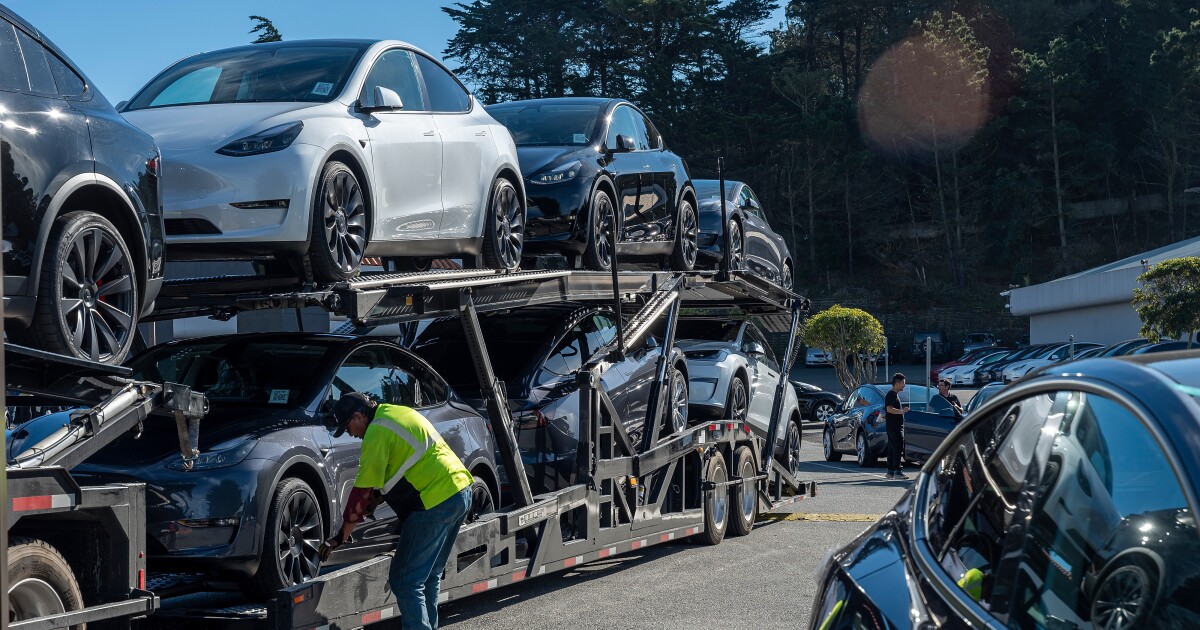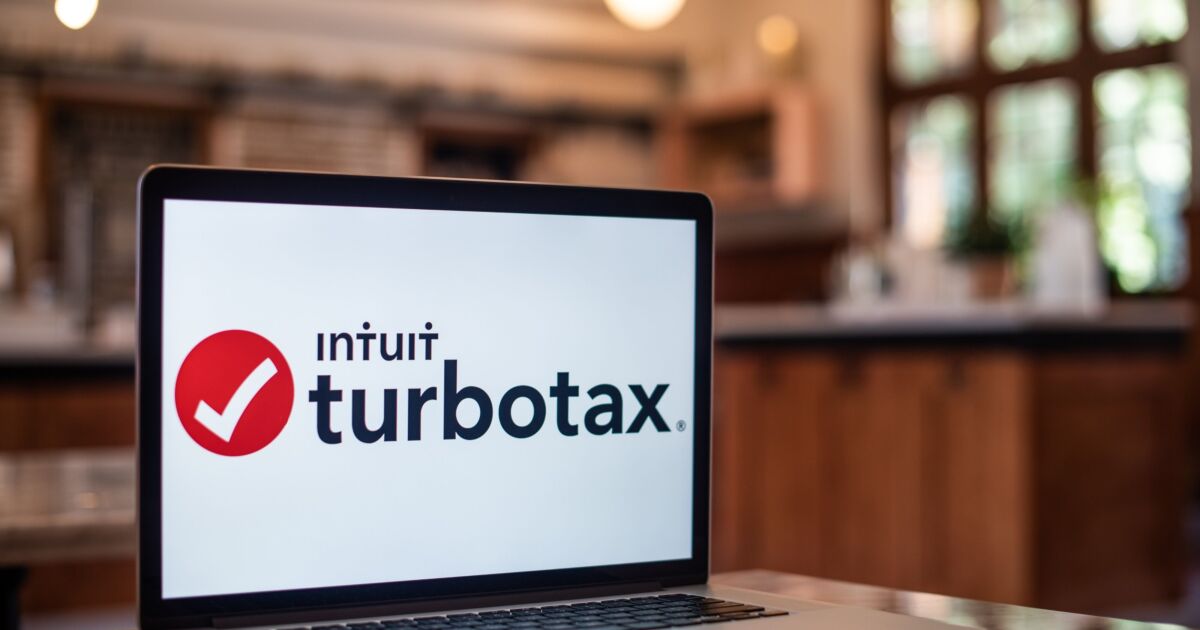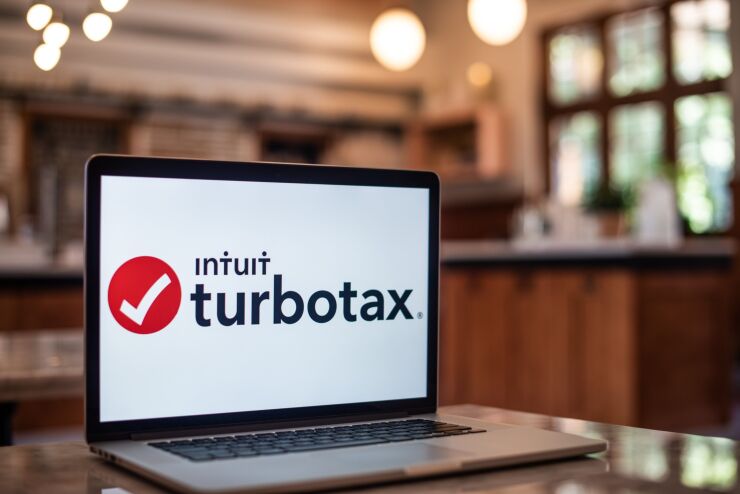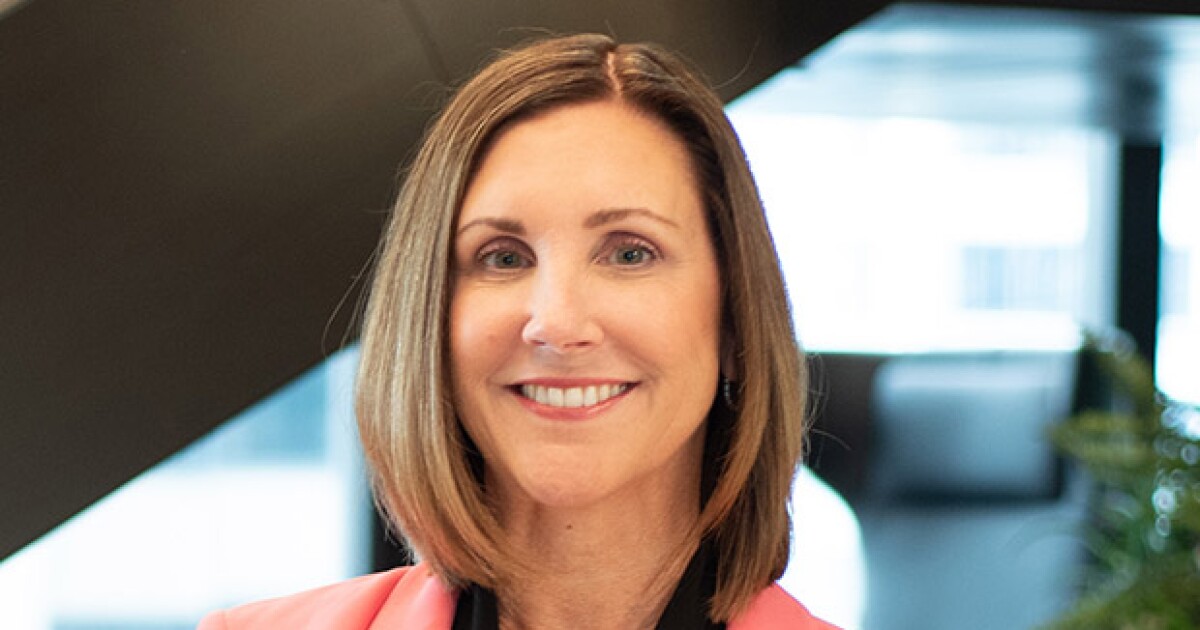Accounting
New Avalara president emphasizes customer experience, hints at e-invoicing partnership
Published
1 month agoon

Avalara’s new president, Ross Tennenbaum, wants to center the indirect tax solutions provider squarely on its customers.
In his new, expanded role , which was announced Tuesday, Tennenbaum will be responsible for driving company-wide improvements and ensuring the success of every Avalara customer around the globe. As president, he will oversee the majority of the company’s business operations, including Avalara AvaTax for sales and use tax calculations, Avalara Returns, Avalara Exemption Certificate Management, and Avalara Tax Research. Tennenbaum will also lead the teams responsible for Avalara’s customer and compliance operations, finance functions, India operations, and legal functions. He replaces the previous president, Amit Mathradas, who departed more than a year ago.

Kenneth A Appelbaum/Avalara, Inc.
While Tennenbaum had previously been CFO at Avalara, his involvement with the company goes back further than that, having become familiar with Avalara when, as an investment banker, he personally worked with the business to launch its IPO in 2018. After that he was brought into Avalara as executive vice president of strategic initiatives, where he oversaw building integrations between the businesses it had acquired, and eventually replaced the CFO when he retired.
His experience, he said in an interview with Accounting Today, means he knows the company inside and out, adding that he likes getting into the weeds to understand even the small details.
Tennenbaum said his immediate priority is in examining the company’s core products, “the heritage of the company,” from top to bottom in order to see where any steps along the customer process from marketing and sales to onboarding and support can be made more efficient and user-friendly, stating, “I think we can drive more growth in the business, I think we can do better by our partners and our customers and run a more profitable machine, so that is step one.”
In the longer term, he expressed a desire to center the customer experience for a more streamlined and simple application that gets as close to self-service as possible.
“We’re giving customers a better experience, the ability to self-serve … We want to make sure that customers have one front door to come into. We’re providing the best experience based on the problem. We understand the time and effort it takes to solve different kinds of problems and we have the right agents aligned to it, or AI, where we can. We’re owning those cases all the way to the end with the right solutions, so overall a better experience, more proactive support, leveraging more AI and a smarter experience,” he said.
Part of this vision is the new AI-driven support portal which is set to launch later this year, which provides a centralized space where people can get assistance with their solutions. The chatbot, he said, can field questions on the fly like how people can change their passwords. While it is initially meant to handle simple inquiries, there are already plans to bolster the AI’s capacities to handle very complex questions and give more intelligent answers,
Beyond this, Tennenbaum also pointed out Avalara’s wider ambitions to expand further into compliance solutions. He noted that while customers like their sales tax solutions, they have so many more compliance obligations to worry about, and the bigger the company the more they have as they cross multiple jurisdictions, “and heaven forbid you’re global and you’ve got obligations all over the world.” Taxes tend to lead into compliance anyway (think of the need to register with a jurisdiction once nexus is established), so it seems a natural fit for them to expand this way.
“We want to expand to help our customers with all their compliance obligations. It starts with tax, but some of these aren’t even necessarily tax-related … GDPR obligations, or HIPAA type obligations, trucks crossing state lines and having to file certain forms,” he said, though he added that, “The here and now is sales tax, [but] why can’t we be growing new product lines?”
With this in mind, he pointed to the company’s efforts to expand into e-invoicing as well, which is increasingly becoming mandated in markets like the European Union. Avalara itself
“We bought some things and built some things and it’s going well,” he said. While he demurred on the specifics, Tennenbaum said, “We have some really great partnerships in the works with some blue chip partners and some really great early customers on the e-invoicing side.”
But the core tax focus has not been forgotten either. He said that Avalara has built out its capacities on the use tax side of things, noting that it’s the other side of the coin of sales tax.

Michael Nagle/Bloomberg
“Every time I buy something, someone is selling something, so for every transaction there are two sides, buyer and seller,” he said, adding that focusing on the use tax side of things can make Avalara an even bigger part of transactions. “Everyone has use tax obligations. We’re saying, ‘Hey, we can help with the process for both sales and use tax.’ There’s many situations where customers are buying things where they should be exempt or the seller is charging the wrong rate of tax, either overpaying or underpaying, and that could be millions from your pocket.”
Artificial intelligence will be key to Avalara’s plans going forward. He said the company has made great strides in terms of applying AI to document classification and optical character recognition, but felt there was much more they could do. For instance, while AI currently can facilitate many processes, it relies on a relatively static set of knowledge content — what if, in the future, AI could update this content automatically as rules and regulations change? E-invoicing compliance, for example, involves dealing with multiple jurisdictions with different mandates and different timeframes and different requirements based on where one does business, some of which could change in the future and require different solutions. AI could recognize these changes and adjust itself accordingly, and perhaps even recommend new solutions that can help users in specific situations.
Tennenbaum’s vision for AI is part of his larger ambition to center the customer and make the experience as seamless as possible.
“I think our customer experience is siloed. I want to take on the mantle of a great customer experience and make it great for our customers and partners and when you apply that to AI, it helps us me more efficient because there is less throwing people at the work … . It is a win-win-win: partners are happier, customers are happier, and we get much more efficiency,” he said.
You may like
Accounting
EV makers win 2-year extension to qualify for tax credits
Published
2 weeks agoon
May 4, 2024

The Biden administration gave carmakers a partial reprieve in finalizing electric-vehicle tax credit rules intended to loosen China’s grip on battery materials crucial to the car industry’s future.
Starting in 2025, plug-in cars containing critical minerals from businesses controlled by U.S. geopolitical foes, including China, will be ineligible for up to $7,500 tax credits, the Treasury Department said Friday. Automakers will get an extra two years, however, to shore up sourcing of graphite and other materials considered difficult to trace to their origin.
The rules put finishing touches on President Joe Biden’s push to develop an alternative to China’s preeminent EV and battery supply chains. The administration is imposing stringent sourcing requirements for raw materials and components in order for electric cars to qualify for the tax credits that are a powerful draw for consumers otherwise put off by
“These actions provide a strong signal to automakers that we want to see EVs built here in America with components and critical minerals sourced from the U.S. and our allies and partners,” White House Climate adviser John Podesta said.
The two-year exemption speaks to the challenges automakers have had reducing their reliance on Chinese suppliers of materials such as
The Biden administration’s rules don’t allow tax breaks for vehicles with batteries containing critical minerals from foreign entities of concern, a term referring to businesses controlled by US geopolitical foes such as China, North Korea, Russia and Iran. Those requirements take effect in 2025, as proposed.
But Biden has given auto and battery manufacturers some flexibility on this front, too.
Automakers will now have until 2027 to curb the use of certain difficult-to-trace materials from FEOCs, provided that they submit plans to comply after the two-year transition and it’s approved by the government, the Treasury Department said.
“FEOC exemptions for any battery materials should be temporary,” said Abigail Hunter, the executive director of the Center for Critical Minerals Strategy at SAFE, a Washington think tank. “We need a clear exit strategy, lest we continue our dependencies on adversaries and further undermine the competitiveness of U.S. and allied critical minerals projects.”
The rules release concludes two years of work on requirements that already have reduced the number of EVs eligible for tax credits. About 20 models qualify today, compared to as many as 70 previously. Treasury Department officials said Friday they expect the number of qualifying vehicles to continue to fluctuate as companies adjust their supply chains.
Automakers including Tesla Inc., General Motors Co. and Toyota Motor Corp. have lobbied for additional flexibility to meet requirements. A lobby group representing automakers based outside the US praised the additional two years provided for the difficult-to-trace materials.
“It will take time for the global production and sourcing of graphite and other critical minerals needed to produce EVs to match the strict standards required by automakers,” Autos Drive America President Jennifer Safavian said in a statement.
Accounting
Oregon senator Ron Wyden demands refunds for TurboTax customers over glitch
Published
2 weeks agoon
May 4, 2024
Senate Finance Committee Chairman Ron Wyden, D-Oregon, demanded
The glitch,
“Fixing this error will require identifying all affected Oregonians, notifying them, and ensuring they can be made whole,” said the senator. “In part because of TurboTax’s various guarantees and market share, Oregonians who overpaid due to TurboTax’s error likely assumed the software opted them into claiming state standard deduction to minimize their taxes. That assumption was wrong. And because the vast majority of taxpayers understandably dread filing season and avoid thinking about taxes after it ends, many of those affected will not learn on their own that they overpaid. Intuit must act to inform them and help them get the full tax refunds they are entitled to receive.”

Tiffany Hagler-Geard/Bloomberg
An Intuit spokesperson said the company is currently working to resolve the issue, referencing their tax return lifetime guarantee.
“As part of our
The senator has also asked Intuit for an explanation of how this glitch happened in the first place, as well as an approximate timeline for the steps it took once it became aware of it. He has also asked for a count of precisely how many people were affected, as well as Intuit’s plans for both addressing this problem and what the company will do to prevent it in the future.


RSM US named its first enterprise client experience leader; the Financial Accounting Foundation is looking for nominees for its Financial Accounting Standards Advisory Council; RKL named a new office managing partner; REDW appointed three new vice presidents; and other firm and personnel news from across the accounting profession.

Betting on the Kentucky Derby? Here’s how to think like a professional handicapper.

Warren Buffett says Greg Abel will make Berkshire Hathaway investing decisions when he’s gone

EV makers win 2-year extension to qualify for tax credits

Are American progressives making themselves sad?

‘Best Firms for Tech’ 2024 deadline extended to April 10

